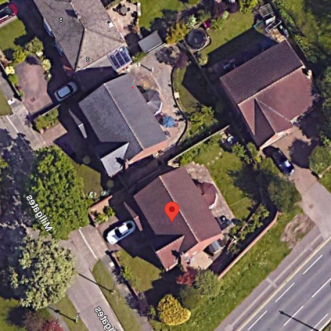
Moving on
If you want maximise your chances of selling your house, you have to de-clutter and tidy it up. Obviously. It pays to make sure it’s in good repair too.
But in order to make it as attractive as possible to as wide a range of buyers as possible, you may well have to re-decorate and re-style it too.
To show off its potential.
To take the ‘you-ness’ out of it.
To make it look like you’ve already left.
The advice for selling a business is similar. De-clutter, tidy-up, make sure it’s profitable, show it has growth potential, take you out of it. Make it look like you’ve already left. Go corporate.
But what if it’s you that makes your business amazing? What if that’s what keeps your clientele coming back? What if that’s what drives the recurring revenue?
My advice?
By all means take you out of the business, but keep the ‘you-ness’ in.
Go further, embed your ‘you-ness’ into the business so firmly that only like-minded people would want to buy it. They’d love it so much they’d pay extra for the ‘you-ness’, because for them it’s also ‘me-ness’.
Become a Disappearing Boss. Build the ‘you-ness’ (actually the ‘we-ness’) into the fabric of the business, into the way it works, so that it can never ‘go corporate’. Not even as it grows.
Go even further, don’t sell at all. Let it instead. To people who love it the way it is and can see how to take that unique potential forward as your legacy and theirs. Who will want to keep it in good condition, and even replicate its success in other locations.
By then, you’ll have those people in your business already. They will have helped you build it.
Discipline makes Daring possible









